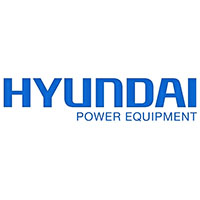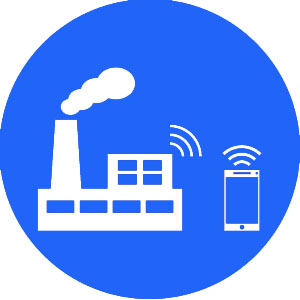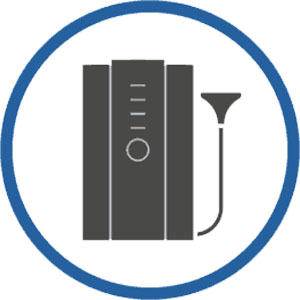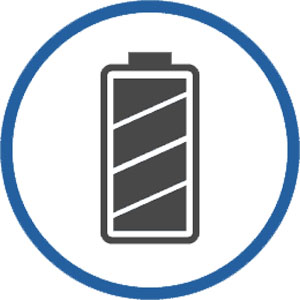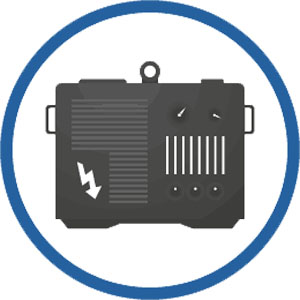UPS Systems in Harsh Environments
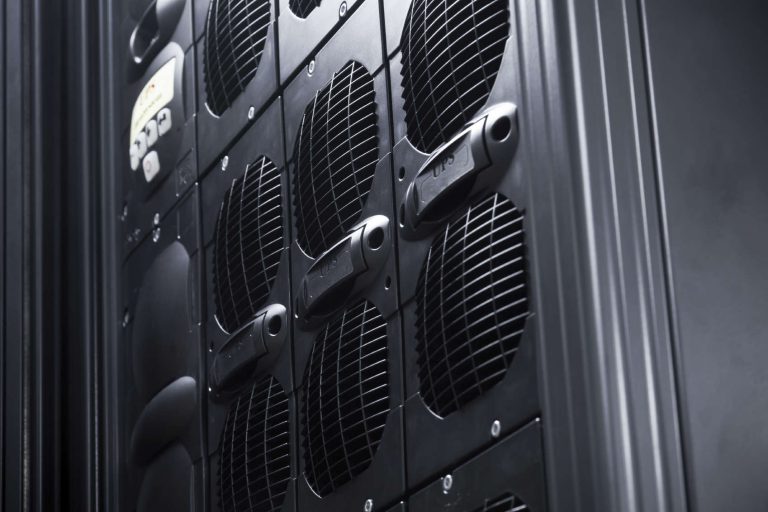
UPS systems and any associated UPS batteries are normally located in an ideal location which would be completely secure, dust free, dry area. The ambient temperature would be maintained between 20-25C and there would be enough airflow to meet the manufacturer’s requirements. If UPS is being installed in a new build or even a renovation, it is easy to plan what the UPS system will require from its environment.
However, if a UPS is being used to support existing electrical equipment it isn’t always possible to find the best location for the UPS. When this happens the UPS is often placed anywhere it will fit, like basements, plant rooms or external areas. When this happen the UPS needs to be protected from effects of the harsh environment.
Dust
When used in a normal environment, a UPS system is always running, which draws a constant flow of air through it. In a dusty area, this can stop being the case, as the UPS can become filled with dust. This can cover the internal components as well as cause the UPS to overheat, potentially causing the UPS to fail. Using a UPS with dust filters as standard will stop this from being an issue. Some come with dust filters as standard, but if you require a specific UPS, then most can be fitted with these as an extra.
Moisture
Some harsh environments have the additional hazard of moisture in the air. As the UPS is constantly pulling air through it, this poses a risk to the electrical components in side. In this case you have two options to ensure that the UPS will be unaffected. Firstly you use a UPS that has been conform coated or request the one you need to be. This is where a protective chemical coating is applied to the circuit board. This will protect the components from any moisture that is brought in with the air. Secondly, and essentially if the environment is particular wet, is the option to use an IP65 rated UPS. This will often include conform coating, but the external case will also be design and seal to prevent any water from entering at all.
Battery Overheating
While it is important for a UPS not to overheat, it is even more essential that batteries are stored at the correct temperature. As discussed in our blog ‘Take care of your UPS Batteries’ if battery temperature fluctuates it can affect the efficiency and lifespan of the UPS batteries. The solution to this if space is lacking in the install environment, is to store the batteries separately the UPS, in a room that is subject to temperature control. In a circumstance where the temperature cannot be maintained then use longer design life batteries such as ten or twelve year blocks and check their performance regularly. Although initially more costly, this avoids annual battery replacements.








